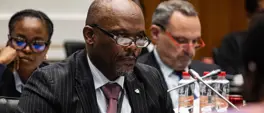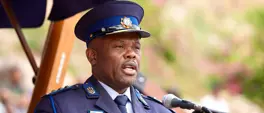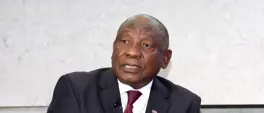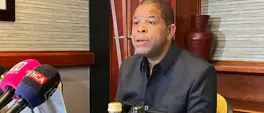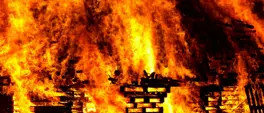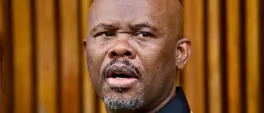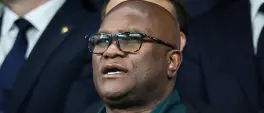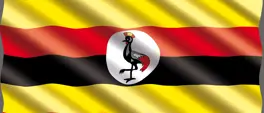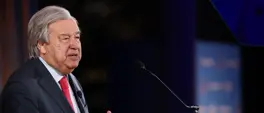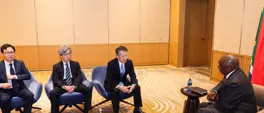DR Congo army accuses M23 of 'multiple attacks' despite ceasefire deal
AFP
13 August 2025 | 3:30The Congolese army accused the Rwanda-backed M23 militia on Tuesday of 'multiple attacks' on its positions in the east, where several days of fighting have threatened a US-brokered ceasefire deal.
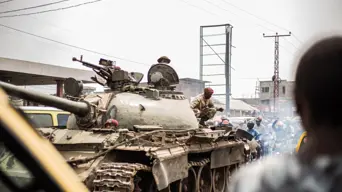
FILE: Soldiers of the Armed forces of the Democratic republic of Congo (FARDC) ride on top of a tank as they leave the city of Goma, on 23 January 2025 towards Sake. Picture: AFP
KINSHASA - The Congolese army accused the Rwanda-backed M23 militia on Tuesday of "multiple attacks" on its positions in the east, where several days of fighting have threatened a US-brokered ceasefire deal.
The eastern Democratic Republic of Congo, a region bordering Rwanda with abundant natural resources but plagued by non-state armed groups, has suffered extreme violence for more than three decades.
Since taking up arms again at the end of 2021 the M23 armed group has seized swathes of land in the restive region with Rwanda's backing, triggering a spiralling humanitarian crisis.
A fresh surge of unrest broke out early this year when the M23 captured the key cities of Goma and Bukavu, setting up their own administrations.
The Congolese government and the M23 signed a declaration of principles on 19 July in Qatar that included a "permanent ceasefire" aimed at halting the conflict.
It followed a separate peace deal between the Congolese and Rwandan governments signed in Washington the previous month.
But violence has continued on the ground, with fighting becoming more intense since Friday around the town of Mulamba in South Kivu province, where the front line had been relatively stable since March.
The M23 attacked positions between held by pro-Kinshasa militia and army forces and pushed them back several kilometres, local and security sources said.
The "almost daily" attacks constitute an "intentional and manifest violation" of the Washington peace deal and the declaration of principles agreed in Doha, Congolese army spokesman Sylvain Ekenge said in a statement.
The army said it was ready to respond "to all provocations from this coalition, accustomed to violating agreements".
M23 spokesman Lawrence Kanyuka said in a post on X on Monday that the DRC's government was continuing "offensive military manoeuvres aimed at full-scale war".
RWANDA DENIALS
After a lull in the morning, fighting resumed in Mulamba on Tuesday afternoon, according to local sources.
Both sides had rushed reinforcements to the territory on Sunday, the sources added.
Any breakthrough by the M23 in the mountainous region would give the armed group control of many mining sites, most of them gold and run by Chinese businesses.
Neither side has provided a toll from the clashes.
Dozens of ceasefires and truces have been brokered and broken in recent years without providing a lasting end to the conflict.
At the beginning of August, UN human rights chief Volker Turk accused the M23 of having killed at least 319 civilians in July, insisting the fighters were "backed by members" of the Rwandan army.
Rwanda on Monday branded the UN's accusations its army had helped kill civilians "unacceptable".
Kigali has consistently denied proving the M23 military support.
A report from UN experts in July however found that Rwanda's army played a "critical" role in the M23's conquest of Goma and Bukavu, capital of the North and South Kivu provinces respectively.
More than two million people have fled the violence in both North and South Kivu since the beginning of 2025, according to a late July report from the UN's Office for the Coordination of Humanitarian Affairs.
Rwanda has long maintained that it faces an existential threat from the FDLR, a militia founded in the Congolese east by ethnic Hutu leaders involved in the 1994 Rwandan genocide of Tutsis.
Get the whole picture 💡
Take a look at the topic timeline for all related articles.



